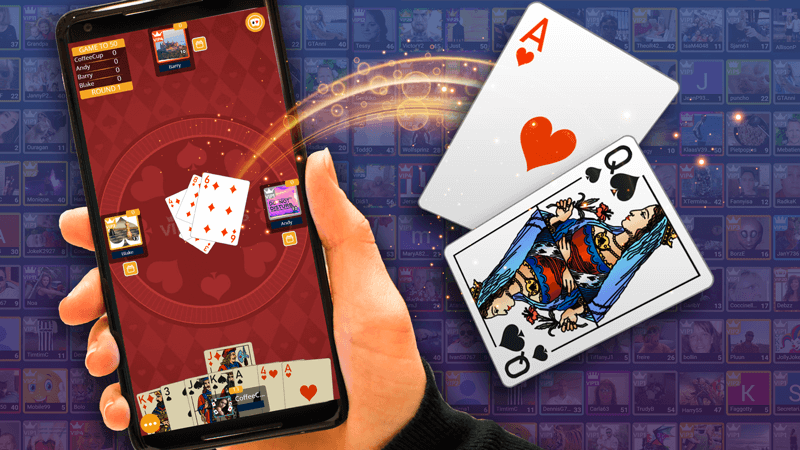
The Evolution and Impact of Online Games
Online gaming has undergone a massive transformation over the past few decades, evolving from simple text-based adventures into sprawling virtual universes that bring millions of players together Megaxwin. The rise of internet accessibility, technological advancements, and cultural shifts have all contributed to the explosive growth of the online gaming industry. Today, online games have become more than just a form of entertainment—they have fostered global communities, shaped new forms of media, and even influenced careers and economies.
The Early Days of Online Gaming
The roots of online gaming can be traced back to the 1970s and 1980s when multi-user dungeons (MUDs) emerged as the first text-based multiplayer games. These early online experiences were often based on role-playing elements, where players explored virtual worlds through typed commands. The social interaction and collaboration required in MUDs set the stage for future multiplayer experiences.
As internet technology improved in the 1990s, more sophisticated online games began to appear. One notable development during this period was the rise of Massively Multiplayer Online Role-Playing Games (MMORPGs), with games like Ultima Online and EverQuest gaining huge followings. These games allowed players to interact with each other in real-time, creating virtual economies, social hierarchies, and complex player-versus-player (PvP) dynamics.
The Mainstream Explosion: The 2000s
The early 2000s marked a pivotal moment for online games, with broadband internet becoming more widely available and personal computers gaining the processing power needed for graphically rich, persistent worlds. This era saw the release of World of Warcraft (2004), which would go on to become one of the most iconic MMORPGs of all time, boasting millions of subscribers at its peak. The game’s success illustrated the vast potential for online gaming to not only create immersive experiences but also generate long-term financial success through subscription models and microtransactions.
Alongside MMORPGs, other online gaming genres gained traction. First-person shooters like Counter-Strike and Call of Duty pioneered multiplayer matchmaking and esports competitions. Strategy games like StarCraft introduced players to the idea of competitive gaming as a professional pursuit, especially in regions like South Korea, where esports became a cultural phenomenon.
The Rise of Free-to-Play and Mobile Gaming
The mid-2000s and beyond introduced another seismic shift with the advent of free-to-play models and mobile gaming. Games like League of Legends (2009) and Dota 2 (2013) popularized the concept of free-to-play with in-game purchases. These games allowed players to access the core experience without upfront costs, while generating revenue through cosmetics, skins, and other virtual goods. This model proved to be wildly successful, with games like League of Legends amassing hundreds of millions of players worldwide.
The rise of smartphones also expanded the online gaming market. Games like Clash of Clans, PUBG Mobile, and Candy Crush brought online gaming to casual players who might not have invested in traditional gaming hardware. This democratization of gaming allowed virtually anyone with a smartphone to participate in online play, further solidifying the cultural relevance of online games.
Social and Cultural Impact
Online gaming has had a profound impact on social interactions and relationships. Multiplayer games create a space where people from different parts of the world can collaborate, compete, and communicate. Many gamers form lasting friendships, with some even meeting their spouses through online games. The shared experience of playing together, whether in cooperative raids or intense competitive matches, fosters a sense of community that transcends geographical boundaries.
In addition, online games have become a platform for self-expression and creativity. Games like Minecraft and Roblox provide players with tools to build their own worlds, games, and experiences. This user-generated content has created a new generation of developers and content creators who often make a living through online platforms like YouTube and Twitch, where gaming-related content has exploded in popularity.
The Future of Online Gaming
The future of online gaming is poised to become even more immersive and interconnected. Technologies like virtual reality (VR) and augmented reality (AR) are already being integrated into online gaming, offering players new ways to interact with virtual environments. Cloud gaming services, such as Google Stadia and Microsoft’s Xbox Cloud Gaming, promise to make high-quality gaming experiences accessible across devices, reducing the need for powerful hardware.
Esports will likely continue to grow as well, with major tournaments drawing millions of viewers and offering prize pools in the millions of dollars. Online games are now viewed as legitimate sports, with professional leagues, sponsorships, and even university scholarships available for top players.
Moreover, the line between gaming and social media continues to blur. Games like Fortnite regularly host virtual concerts, movie premieres, and other social events within their online worlds, positioning games as virtual hubs for entertainment beyond just gameplay.